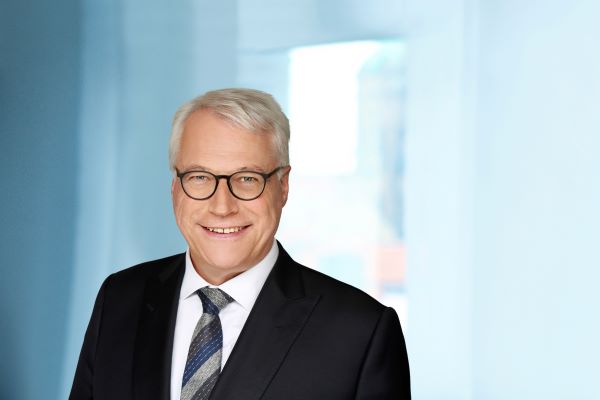
This interview was originally printed in the Spring 2018 edition of World Trade Matters. It was the first in a series of interviews with trade training associations around the world.
Prof. Dr. Hans- Michael Wolffgang is a professor of international trade and tax law and head of the Institute of Customs and International Trade Law at the University of Münster, Germany. Additionally, he is a co-shareholder of the affiliated AWA Foreign Trade Academy, where he specialises in customs and export control law. The AWA is a leading training institute for international trade and has affiliates in Austria and Switzerland.
How do businesses in Germany generally go about dealing with customs compliance requirements?
Since the German economy is very dependent on imports and exports, companies attach great importance to customs compliance. They also demand customs simplifications and so the Union Customs Code provides a number of simplified procedures for import, export, transit, warehousing and processing.
Such simplifications mean that the customs administrations only receive information on imports after the goods have entered the customs territory. Therefore, responsibility is increasingly being transferred to companies.
The introduction of the Authorised Economic Operator status has only stressed the importance of customs compliance. Nowadays, companies are seen as trusted partners of the customs administration.
What role does education have in allowing companies to export in a compliant manner in Germany?
The customs administration will only authorise simplified procedures (including AEO status) to reliable companies. In order to prove reliability, companies must show that they employ customs experts. As a result, the training of customs experts is nowadays very important in Germany.
People who work in the filed of customs in their companies come from a variety of backgrounds. They tend to have experience in international trade but not a real education in it.
In Germany, we don’t educate people about these aspects of trade in school or universities unless you do the Masters of Customs Administration at the University of Münster. There are, though, several private training institutes in Germany who do seminars and online training to educate people in customs companies.
How does the Department of Customs and Excise at the University of Munster contribute towards this?
The Department of Customs and Excise was reformed as the Institute of Customs and International Trade Law in 2016. It is now an institute of Münster University, which is co-financed by the AWA Foreign Trade Academy. The AWA is Germany’s leading provider of education and training in the field of customs law. Today, the Institute represents the academic branch of the AWA and offers a Master’s course in customs (Master of Customs Administration), which is unique in Germany.
How does this compare with the work done by the Institute of Export & International Trade in the UK?
Many of the courses for company employees offered by the Institute of Export & International Trade are comparable to those offered by the AWA and the Institute of Customs and International Trade Law at Münster University.
Of course, the topic or subject matter is by and large the same – or at least it is at present because of the EU law and practice that both countries currently govern customs through. There are some specialities depending on the customs authorities involved, but in general it’s currently the same and therefore we offer similar seminars right now.
There are also similar courses being run in France by the organisation Odasce.
Following from the WTO session we worked on together, what can we together do to ensure better international customs compliance and therefore easier trade
Our educational institutions in the UK and Germany share the same subjects, target group and teaching methods only in different countries. Cooperation between us could see the exchange of lecturers so that employees of companies in the UK learn about customs practice in Germany and vice-versa.
We could also offer mixed seminars or online courses for participants in the UK and Germany. British graduates of the courses could also participate in the Master’s programme in Germany since the course is also offered in English.



